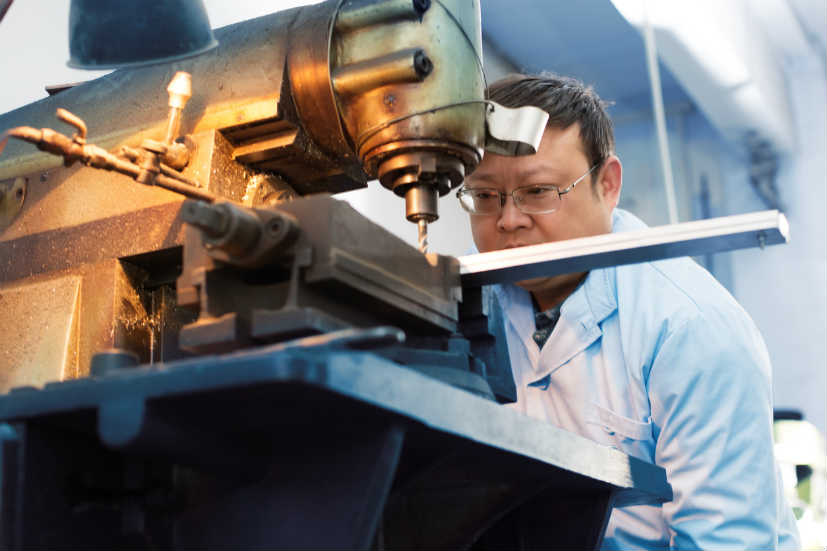The effect of the Trump trade war seems to be moderating as manufacturing picked up in Southeast Asia. A leading survey of purchasing managers in Southeast Asia showed its highest reading in five months.
The Nikkei Markit manufacturing purchasing manager’s index for Asean countries moved up to 50.4 in April. The index showed a return to growth in March with a reading of 50.3. A reading above the 50 mark shows strength in the sector.
Companies hired more workers and created jobs at the fastest pace in 2019, the survey found. Even though China is the world’s manufacturing hub, the advantage is under threat from regions such as Southeast Asia as costs rise.
Thailand and Myanmar led the five Southeast Asian countries showing improvement in operating conditions. Operating conditions still contracted in Malaysia and Singapore, albeit at a slower pace in Malaysia.
Overall, manufacturing companies in Southeast Asia seem to be hopeful of a positive outcome of the Trump Trade war talks between the US and China. For the Southeast Asian manufacturing companies, new export orders in April rose for the first time since July 2018.
US and Chinese trade war negotiators had a ‘productive’ meeting early this week in Beijing, the US government informed. The Trump trade war negotiators will meet again in Washington to finalise a deal on the tariffs.
Some export-driven manufacturing companies in China are expected to gradually move their production to Southeast Asia. However analysts are not unanimous about whether Southeast Asia will become the manufacturing hub of the world in the way China did in two decades.

